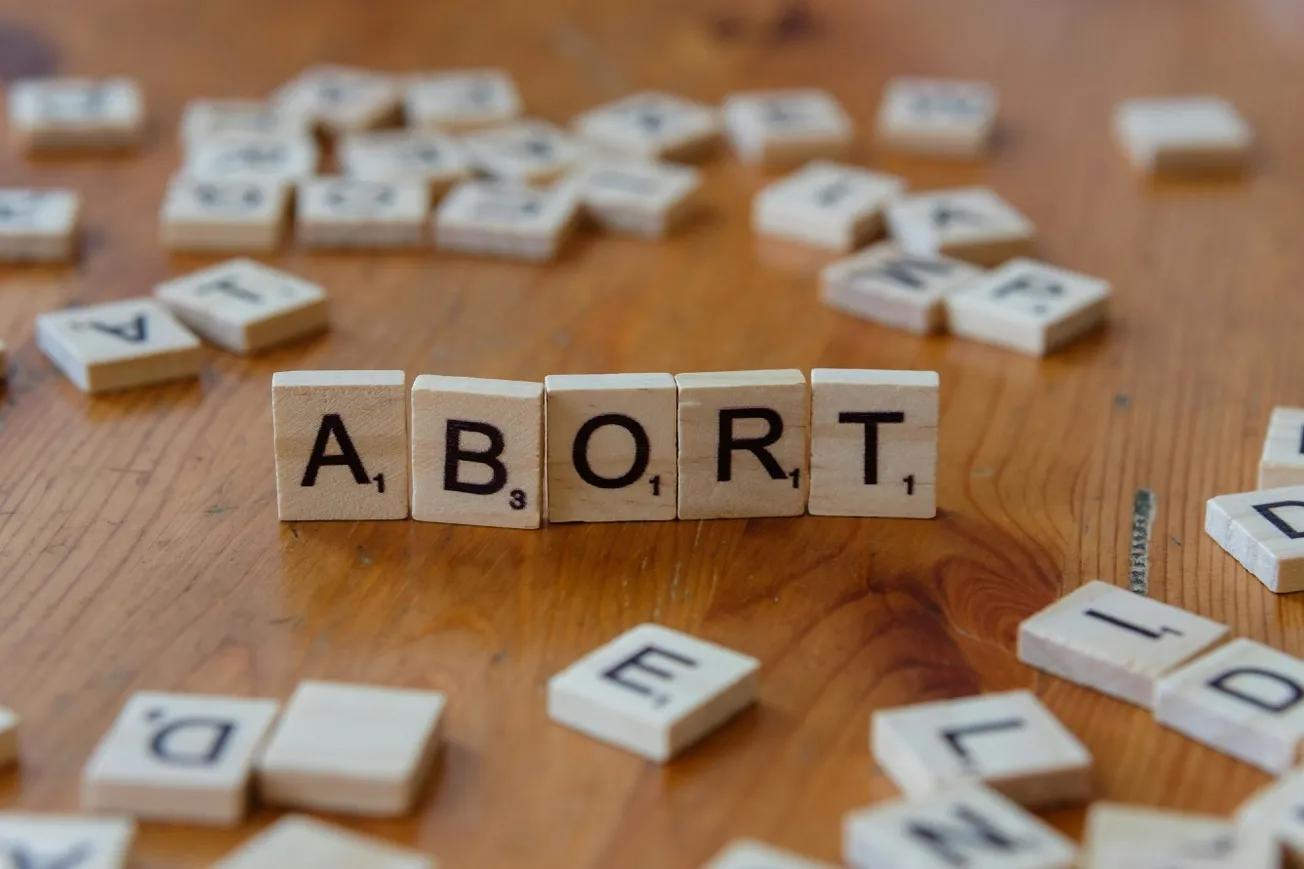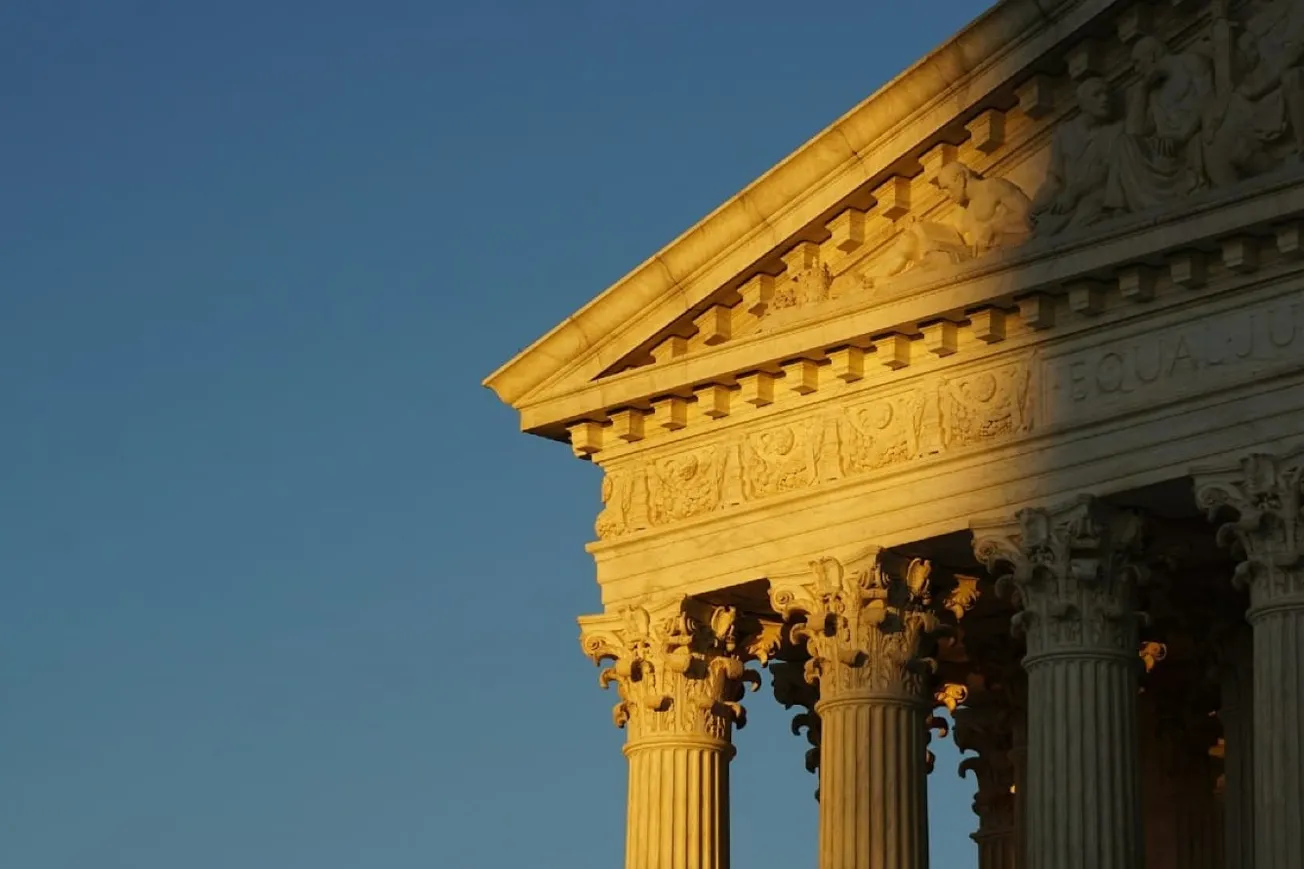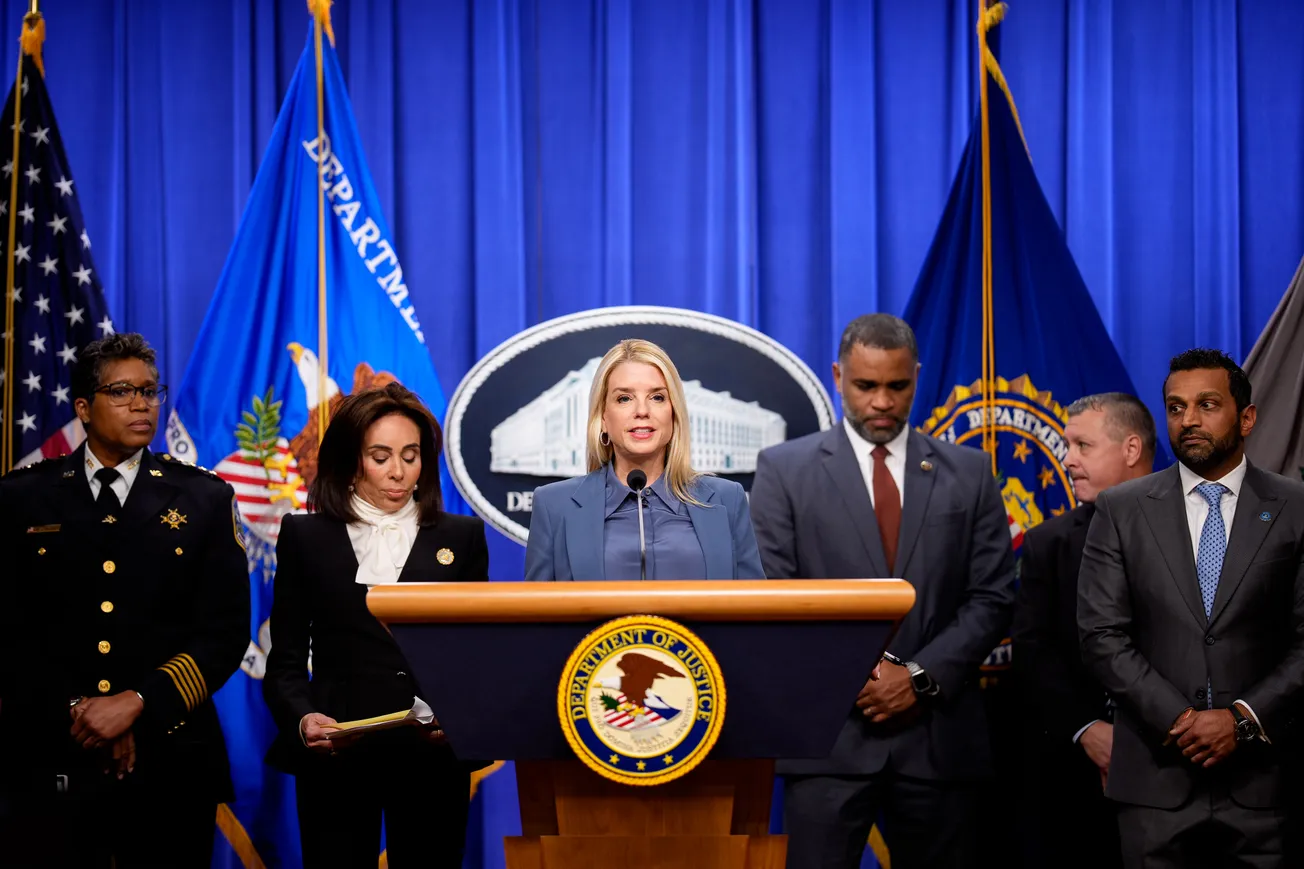By Thomas Jipping & Sarah Parshall Perry, The Daily Signal | October 30, 2024
In an essay published by The New York Times and titled “Abortion Pills Are Safe. Post-Roe America Isn’t,” Dr. Chavi Eve Karkowsky, a physician who practices maternal-fetal medicine, demonstrates that the campaign for unlimited abortion is as fraudulent and deceptive as ever.
From the beginning, the “right” to abortion was built on fraud. Abortion advocates pushed states to repeal their pro-life laws with baseless claims about illegal abortions.
The claim that “thousands” of women died from illegal abortions began in the 1960s and persists even today. The National Center for Health Statistics says the real number was just 36 in 1973—the year that the Supreme Court issued its Roe v. Wade decision. The Washington Post’s “Fact Checker” column gave Planned Parenthood its worst rating of “Four Pinnochios” for that lie.
In Roe v. Wade, the Supreme Court created a fictional account of abortion history that long ago was exposed as radically revisionist. The strategy behind Roe was built on so-called “scholarship” that even the pro-abortion lawyers believed strained credibility.
Pro-abortion historians since Roe have tried to maintain the fiction, deliberately erasing the 19th-century feminists and physicians who opposed abortion from their duplicitous narrative.
Since 2022, when the Supreme Court overruled Roe v. Wade with its opinion in Dobbs v. Jackson Women’s Health Organization, abortion advocates have achieved most of what they said they want. All but four states banned abortion from conception in 1973; 14 states do so today. No state allowed abortion until birth before Roe; nine states do so now.
Even the most restrictive post-conception abortion ban, at six weeks, covers barely half of abortions. The laws in effect in 1973 prohibited more than 90% of abortions; the laws in effect today allow more than 80%.
The cataclysmic fallout of Roe’s overturning—a narrative pushed by the abortion lobby—has not, in fact, come to pass. Though based on her writing, one would be hard pressed to think that Dr. Karkowsky thinks otherwise.
Back to Karkowsky’s essay in The New York Times. The physician professes concern that women are using abortion drugs “far from the supervision of qualified medical providers.” But the U.S. Food and Drug Administration previously required such supervision for more than 20 years after approving mifepristone, the primary abortion drug, in 2000.
That was the case until the Biden-Harris administration deregulated the abortion pill mifepristone in 2021, ostensibly because of the COVID-19 pandemic. At the time, the action made the pill easier to get, more dangerous, and less predictable in its effects.
Among the changes: The federal government eliminated the requirement of an in-person doctor’s visit to secure the abortion pill, expanded use of the pill from seven to 10 weeks’ gestation, and allowed women to obtain pills by mail.
This was foolhardy.
For a drug with known and serious potential side effects (including incomplete abortions, severe bleeding, failed abortions, and infection), the Food and Drug Administration’s regulatory determinations made a dangerous pill even more dangerous.
In fact, FDA’s own warning label on mifepristone states that complications from using the abortion pill can reach a frequency of between 2.9% and 4.6%. In 2023 alone, that represents nearly 20,000 emergency room visits for medication abortion patients.
And now there’s an active disinformation campaign by abortion advocates about what state pro-life laws say and how they apply.
Take Kate Cox, for example. The Texas woman claimed the state’s pro-life law didn’t allow her to obtain an abortion after she learned that her unborn child had a serious abnormality. It turns out, as the Texas Supreme Court explained, hers was also a fraudulent tale.
Cox’s doctor, an abortion advocate, chose not to make the medical finding that, under the Texas statute, would have allowed her abortion. Cox’s lawyer, supplied by the Center for Reproductive Rights, then filed an unnecessary request for a court order that, thanks to the lawyer’s decision, was certain to be denied.
Many people believed Cox’s claim that she had no choice but to leave Texas to get an abortion when the truth is that she participated in a legal hoax to sow seeds of confusion and doubt about the state’s pro-life law.
Abortion advocates spin other fraudulent yarns. They claim that laws prohibiting abortion also block medical care for miscarriage or ectopic pregnancies. Others say pro-life laws require that a pregnant woman literally be at death’s door before a doctor may treat her for complications.
None of these claims is true. Not one.
Although the media often neglect to mention it, every state in America—including states with near-total restrictions on abortion—has an exception for the “life of the mother.” And states uniformly require doctors to use their “best medical judgement” in emergency cases to ensure that the pregnant woman is safe.
Abortion advocates such as Karkowsky seek to separate women who want to use abortion drugs from any necessary connection to doctors or medical facilities. Then they complain that women such as Amber Thurman and Candi Miller in Georgia are dying from using abortion drugs without adequate medical attention.
That’s like someone killing her parents and then asking for leniency because she’s an orphan.
The fact of the matter is that Thurman and Miller died from a combination of complications related to the de-regulated abortion pill (made more accessible and dangerous by the Biden-Harris administration) as well as simple medical malpractice—not from Georgia’s commonsense abortion restrictions.
The pro-abortion lobby, legacy media, and abortion practitioners are lying to you—both on the impact of state abortion laws and the purported inability to receive safe “reproductive care.” The entire abortion industry is, after all, built on fraud.
Americans would do well to ignore the hype.
Thomas Jipping is a senior legal fellow in the Edwin Meese III Center for Legal and Judicial Studies at The Heritage Foundation.
Sarah Parshall Perry is a senior legal fellow in The Heritage Foundation's Edwin Meese III Center for Legal and Judicial Studies.
Original article link









